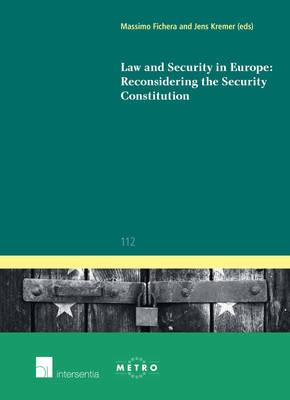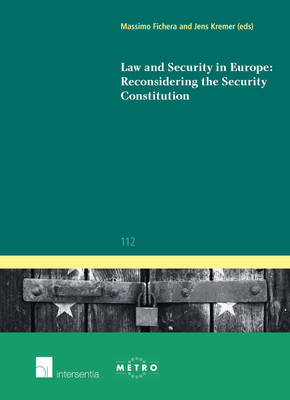
Bedankt voor het vertrouwen het afgelopen jaar! Om jou te bedanken bieden we GRATIS verzending (in België) aan op alles gedurende de hele maand januari.
- Afhalen na 1 uur in een winkel met voorraad
- Gratis thuislevering in België vanaf € 30
- Ruim aanbod met 7 miljoen producten
Bedankt voor het vertrouwen het afgelopen jaar! Om jou te bedanken bieden we GRATIS verzending (in België) aan op alles gedurende de hele maand januari.
- Afhalen na 1 uur in een winkel met voorraad
- Gratis thuislevering in België vanaf € 30
- Ruim aanbod met 7 miljoen producten
Zoeken
€ 63,00
+ 126 punten
Omschrijving
In this book, the authors analyse the ambiguity of the notion of security and its tendency to expand and affect simultaneously different fields of law. More specifically, they address the militarisation of the fight against terrorism, the distinction between administrative and penal sanctions, the limits of intelligence activities and the scope of criminalisation.
Specificaties
Betrokkenen
- Auteur(s):
- Uitgeverij:
Inhoud
- Aantal bladzijden:
- 253
- Taal:
- Engels
- Reeks:
Eigenschappen
- Productcode (EAN):
- 9781780681474
- Verschijningsdatum:
- 27/03/2013
- Uitvoering:
- Paperback
- Afmetingen:
- 172 mm x 236 mm
- Gewicht:
- 474 g

Alleen bij Standaard Boekhandel
+ 126 punten op je klantenkaart van Standaard Boekhandel
Beoordelingen
We publiceren alleen reviews die voldoen aan de voorwaarden voor reviews. Bekijk onze voorwaarden voor reviews.









